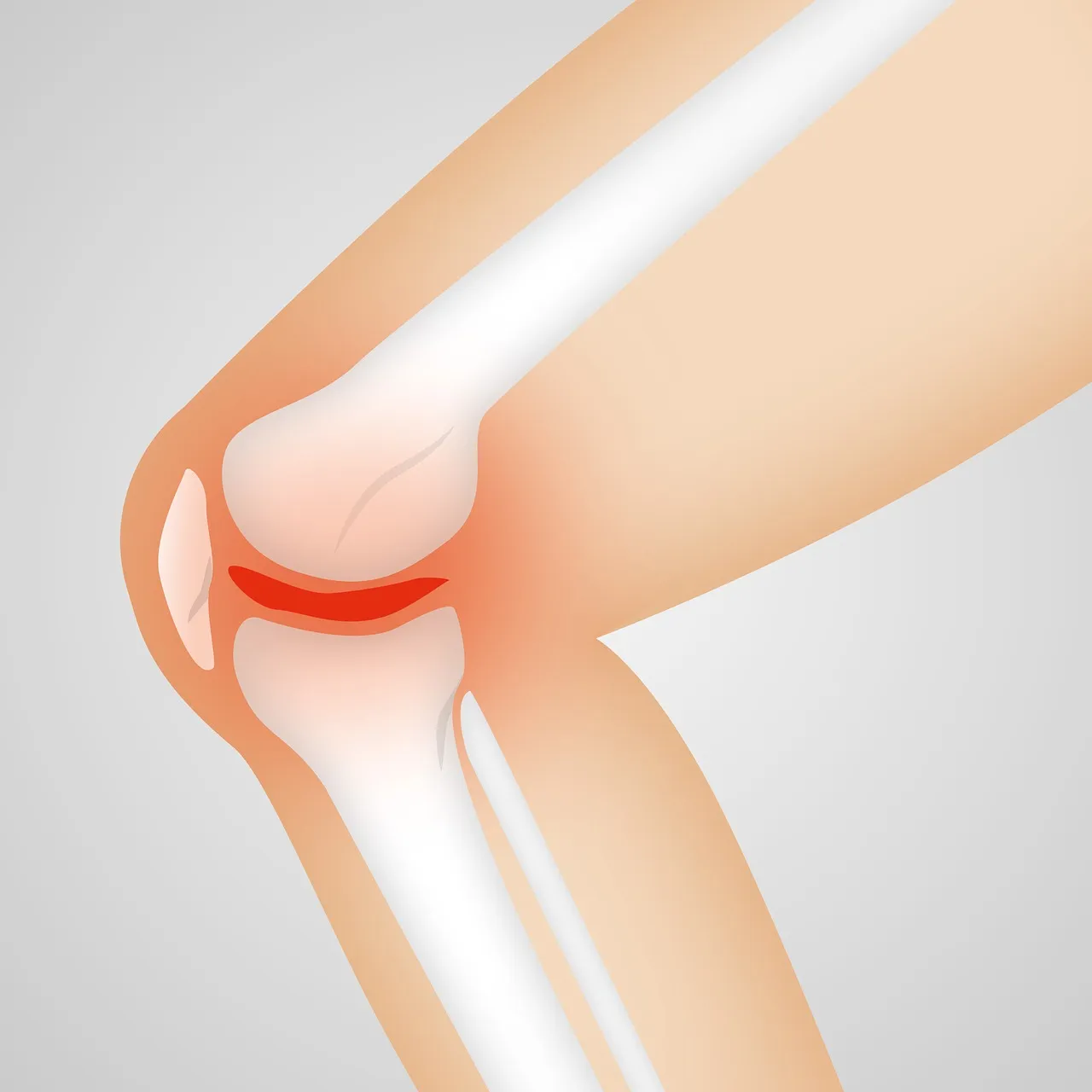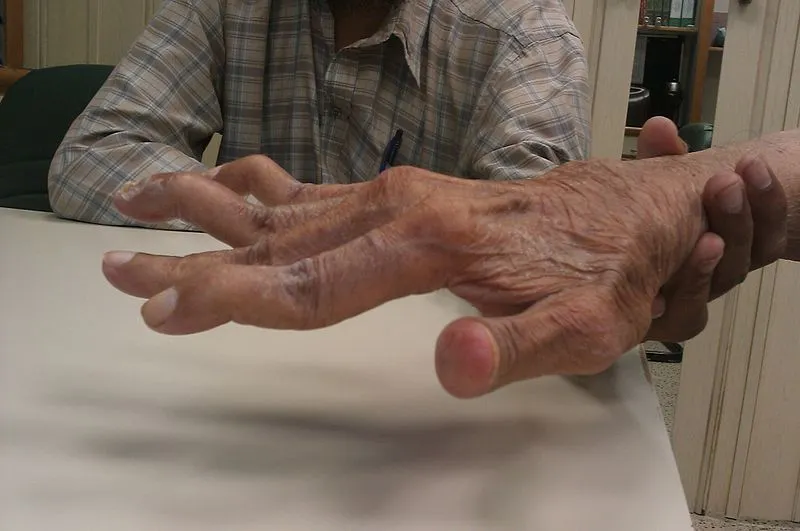Hello folks,
Welcome to my blog today.
Hope you had a stress free day?
I have been away for sometime.
⚠️ this is a long read.
Introduction
Cracking of the neck, head, back or knuckles occurs in almost all our daily activities, from waking up in the morning, to when exercising. A lot of people do this based on different reasons, some say it's help them relieve tensions, stress, I guess they are right in their own way, some do it because it gives them a form of satisfaction. Yeah ✌, I know that feeling, I'm guilty of that as well. When you crack your body, it doesn't mean that part will split open, no.
Cracking of joint occur as a result of the tendons of the joints rubbing each other and also as a result of the escape of gases that are present in the joints. Now, continuous joint cracking could render the joint muscles weak. In some cases could result to pains in that part. There are some gases such as oxygen carbon(iv) oxide, and nitrogen which are present in the joints, which diffuse to the spaces between our joint, now when the gases are already out and we keep trying to pop or crack them, it could result to pains in that part of the joint.
Trust me, I'm a witness ☺.
Now let's talk about arthritis a bit.
Arthritis can be described quickly as inflammation of the joint, which could be acquired by external factors or as a result of autoimmune disorder.
There has been lots of arguments as to show the relationship between joint cracking and arthritis, different scholars has published different articles with well laid points.
This post explains what arthritis is and showed the connections between habitual or consistent joint cracking and arthritis.
Arthritis
As defined earlier, it means inflammation of the joint, or put simply as joint pains. It could also be considered as a joint disease.
When it comes to back pains, joint pains, arthritis is the most prevalent joint problems that occurred in humans, and then we had limited knowledge on this subject matter.
Now for the big question.
What is the relationship between this disease and habitual cracking of the joints?
Having defined arthritis , we should know that this joint disease is of different types, which as we proceed we will see more.
As joint disease arthritis affects people of all races, both the young and the old are affected.
Guess what, It is even more frequent in females than in men. Arthritis also becomes more frequent as one advances in age,
I remember a cartoon I saw last week, one character who's head was left after a battle challenge magically got his body back, he screamed, yes my body is back, but I wish not the arthritis.
Arthritis is likely to occur in one way or the other. It could occur in different types but the most prevalent two are, which are osteoarthritis (OA) and rheumatoid arthritis (RA).
Osteoarthritis and Rheumatic Arthritis
Osteoarthritis is a combination of two words, Osteo and arthritis. Osteo means bone, or in other words of bone origin. Arthritis, well as we have rightly defined above. Joining the words together, osteoarthritis can be said to be disease of the bone joint. It is a type of joint disease, that involves the breakdown or loss of one or more cartilage.
Well just as not to be confused, Cartilage are substances that are made of protein, which serves as a protective material for the bones of joints.
I'm sure we are familiar with what a cushion is, so yes cartilages help maintain the pattern between bones of the joints.
Osteoarthritis should not be considered as an autoimmune disease (self destructing disease) or a systemic disease, but as a disease of the cartilage of joints that occur due to natural aging of the joint.
Now what are the symptoms and causes of arthritis?
People suffering from arthritis have some symptoms which occur depending on the type of arthritis and the joint part that is affected affected. These symptoms may occur suddenly or could developed over time. They includes: joint swelling, chronic joint pains, as well as stiffness of the joint. It may be mild or severe and might not be occur frequently, which could as time goes by show signs of progress or might just get worse. Sometimes these symptoms are seen early when the sufferer wakes up in the morning.
Arthritis as a joint diseases could result to significant changes in the joint areas affected permanently, which could be visible to the eyes or made seen by the use of X-ray.
What are the things that could cause arthritis?
Remember that cushion-like material called cartilage which we described above, well It is found in all joint types protecting the joint by means of pressure and shock absorber. The pressure and shocks are created when we move about or when we put stress on that part of our joint.
We are constantly being stressed out on a daily basis from meeting up targets in work to having to finish one course, no wonder those whenever for we crack our joints, we tend to feel a sense of relief.
Now when these cartilage tissue becomes reduced, it will result in arthritis.
- Certain type of food could aggravate arthritis.
 source :Photo grid of pixabay pay pictures
source :Photo grid of pixabay pay picturesYes, you heard that right.
Some foods are known cause increase inflammation, for instance the animal-derived foods and diets which are very high in refined sugar, can cause the symptoms of arthritis to heighten. Also foods, like that of seafood, red wine, fried foods, as well as meats, can trigger potential arthritis. It is imperative that those who already have arthritis problem avoid such type of food.
In the case of rheumatoid arthritis, which is an autoimmune disorder;occurring as a result of the body’s immune system fighting against it's own tissues.
This tends to affects the tissues that produces fluid which nourishes the cartilage of the joints (synovium).Another cause of arthritis is the wear and tear.
osteoarthritis could occur due to wearing and tearing of the joints. When injury occur to an individual, the joint here can exacerbate it's natural breakdown of cartilage tissue.Family history Another cause of arthritis is if there is any form of family history of such disease.
Body cracking
Body cracking involves bending or twisting part of the joints making that pop noise.
You'd probably been sitting down glued to one job or the other for a long time or probably have been running round, and round trying to get yourself fixed, body crack comes up after such work, either the neck or back joint.
Writing this post, I think I have cracked my fingers and legs more than 15 times.
It is a normal everyday experience for some people, and this body cracking occur intentionally, and sometimes unintentionally: when we stand up from a long sit, our knees snap or when we turn our head, and kpoo, you hear the sound.
Joint cracking to some people is more of a habitual act, I crack my knuckles everyday, lots of people do this for different reasons, for someone like me, it is to release pressure from my shoulder or hand, to another it might be a matter of relaxation, while to someone else it might be more of a habit.
If probably I visit a chiropractor, for back pain problem and he ends up massaging my body cracking it all round, what makes me not to do it myself for free occasionally?
Why do our joint crack?
Twisting your neck or any joint in your body, makes the capsules around your joint to be stretched. These capsules contain fluid, and stretching them allows the fluid to put less pressure on the joint. The sound we hear comes from our joints.
Joints are junctions or point where two bones meet. There are different types of joints that allow body cracking, mostly the synovial joint also known as the diathrodial joints (Freely moving joints.) The whole contiguous bony surfaces of the diathrodial joints are all covered by articular cartilage and connected by a fibrous connective tissue capsule which are lined with what is known as synovial membrane. The diathrodial joint are joints made of complex internal structure, ends of bones, ligaments, cartilage, the articular capsule, and sometimes bursae composition, since its very much free allows it to be more easily cracked. It consists of two bones that contact each other at their cartilage surfaces; the surface of this cartilage are surrounded by what is called a joint capsule, which contains a lubricant called synovial fluidThe synovial fluid function as a nutrient source for the cells, helping to maintain the joint cartilage. It is known to contain gases of oxygen (O), nitrogen (N) and carbon(iv)oxide.(CO2). These three gases are what contributes to the pop sound that we hear during knuckle pop.
The sound made by this type of joint is believed to be caused by the gases rapidly coming of solution, permitting a little further stretch of the capsule. These stretching is thereafter limited by the length of the capsule. Body cracking allows the expansion of the bones of the joints creating pressure between the gaps, continuous cracking makes the synovial membrane become loosen.
Is there any benefits to body cracking?
Many people believe that body cracking helps release pressure and tension from an individual.
It could also be a way of stress reliever.
According to healthline just the sound of neck cracking could make one feel better.
Cracking your neck also releases endorphins in the area of your neck joints.
The endorphins are analgesics, produced by the pituitary gland and released by the body to diminish pain. During body cracking, not just the neck, endorphins are released in the area of the joint, which gives that feeling of satisfaction and pleasure.
What is the connection between arthritis and habitual body cracking?
Body cracking is not bad, if it is done once in a while.
According to orthopedic Kim L. Stearns. MD.
It only becomes a problem when it is habitual. Habitual body cracking could strain the muscles of the joint, which leaves that part in pain. For instance, when you crack your knuckles and the gases are out but probably due to pressure or stress you still crack that same joint, it becomes painful, at least that is what I observed in my case. When I asked three of my friends who I know also crack their knuckles, they said the same thing. So habitual body cracking could strain the joint muscles. Normally there is no connection between arthritis and body cracking, but then when it becomes habitual, then there is need for refrain. Also from research and personal experience, habitual cracking of the joints, tends to leave the individual with nervous habit. In a study of rheumatoid arthritis seeBody cracking is a normal, common occurrence.
the study showed no connection between arthritis and body cracking, the article though suggests ways of reducing the habit of joints cracking.
Conclusion
From studies, we've seen the joint disease; arthritis causes inflammation of the joints. There is little or no connections between the disease and frequent joint cracking. Folks who crack their joints frequently may suffer from pains, hand or joint swellings and also rendering the muscles of their joint weak, which reduces their ability to hold a grip.I want to recommend self control practice to habitual body cracker.
I am @Magdnrobinson
References
Arthritis and it's different types
what to know in knuckle popping
Joint noises we hear from cracking our knuckles






